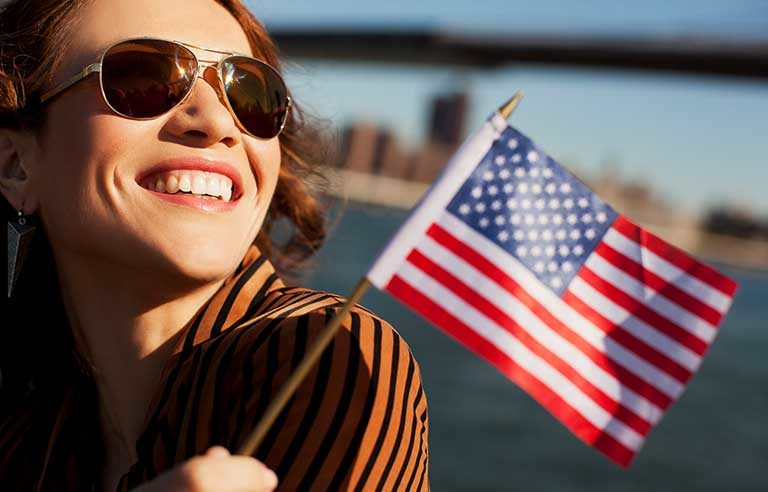‘Take safety personally’: NSC urging safe driving this holiday weekend

Itasca, IL — About 462 people may be killed in roadway crashes during the Fourth of July weekend, according to estimates from the National Safety Council.
Citing recently released estimates from the National Highway Traffic Safety Administration, NSC warns that U.S. roads are the most dangerous they’ve been in 16 years. The nonprofit organization is urging not only drivers, but all road users, whether they’re biking, walking or otherwise mobile, to be safe during the long holiday weekend.
“On a typical day, more than 100 people die on our roads, and that number is climbing,” said Mark Chung, executive vice president of roadway practice at NSC. “Please take safety personally and follow our safe driving tips to ensure you get to where you want to go as safely as possible. Your life and those you love may depend on it.”
Here’s what you can do:
Buckle up: Lack of seat belt use is a top cause of fatalities in crashes. Make sure you have appropriate car seats installed correctly, too.
Designate a sober driver or arrange alternate transportation: Alcohol isn’t the only cause of impaired driving. Drugs – including opioids, marijuana and some over-the-counter medicines – can cause drowsiness, alter visual functions, and affect mental judgment and motor skills.
Don’t drive when you’re tired: Make sure you’re well-rested before hitting the road.
Slow down: Speeding is a factor in more than a quarter of all traffic deaths. Pay attention to speed limits. And keep a close eye out for bicyclists and pedestrians.
Check your vehicle: Before heading out, check the oil and tire pressure, and visit ChecktoProtect.org to see if your vehicle has an open recall. (Repairs are free.)
Drive distraction-free: Thousands of people have died in car crashes involving cellphone use. Put your phones away and #JustDrive.
Look before you lock: Kids being left in hot cars is still the leading cause of non-crash motor vehicle-related death for children. Always check your back seat for kids and pets when you reach your destination.
Post a comment to this article
Safety+Health welcomes comments that promote respectful dialogue. Please stay on topic. Comments that contain personal attacks, profanity or abusive language – or those aggressively promoting products or services – will be removed. We reserve the right to determine which comments violate our comment policy. (Anonymous comments are welcome; merely skip the “name” field in the comment box. An email address is required but will not be included with your comment.)

